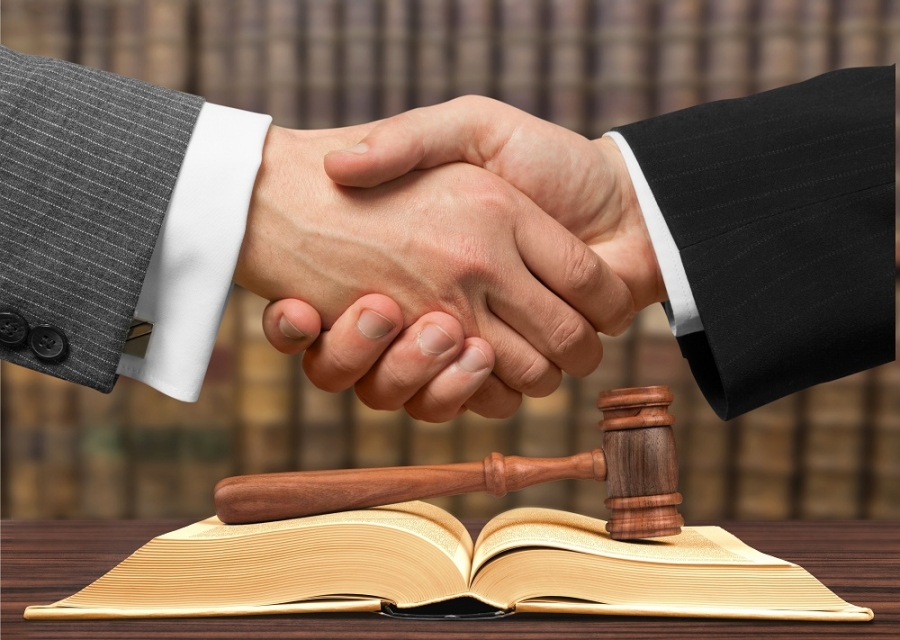Fighting in court is expensive and time-consuming. If you are considering taking someone to trial for a civil or business matter, consider mediation instead because it is cheaper, quicker, and can result in a lot less stress and resentment. It also allows both parties in a dispute to maintain their dignity.
Litigation in a personal injury case, for example, can cost over $100,000 and take months, while mediation for the same case could be settled in a day and cost only hundreds of dollars.
Mediation Law
Mediation law is a form of alternative dispute resolution (ADR) in which a neutral party (usually a mediation lawyer) meets the two litigants involved in a dispute and attempts to help them find an acceptable solution.
It is important to understand that mediation is not binding on the parties, and the resolution (if there is one) is voluntary. The mediator does not make the decision, but helps the parties involved to come to their own. It may not be possible to find a suitable agreement, and in some cases parties seeking mediation may end up no closer to a solution than they were before.
Likely and Unlikely Cases for Mediation
Almost every case can be mediated, but the best cases are those in which solutions are possible but the parties are unlikely to find them without help. Likely cases include personal injury, family law, business torts, wrongful termination, and breach of contract disputes.
Unlikely cases include criminal charges, deportation and immigration disputes, driving under the influence, bankruptcy, disability claims, or any government-initiated cases. If there is almost no chance of agreement, mediation can be worse than going straight to court because the mediation proceedings will disclose the parties’ best arguments before the trial begins. This removes the possibility of surprise in the courtroom and any advantage that may come with it.
Mediation Proceedings
Mediation tends to be informal and is held in the mediator’s office. The parties of the dispute and their respective attorneys are present and each side makes an opening presentation. The mediator then asks the two sides to separate and talks to them individually. After hearing both arguments, the mediator will then make suggestions, convey offers from one party to the other, and aim to help them find a compromise acceptable to both.
Characteristics of a Good Mediator
Mediation is less adversarial than court proceedings, and the mediator must be someone who can help both sides reach agreement without aggressive tactics. This is why the best attorneys do not always make ideal mediators. A good mediator listens more than talks and is fair to both parties.
A law firm offering mediation will have attorneys specializing in mediation. They will perform extensive due diligence before the proceedings. Wyrsch, Hobbs and Mirakian Attorneys may say it best, ADR and mediation is about problem solving more than anything. Their goal will be to protect the interests of both parties and “identify a path to alternative dispute resolution that preserves your integrity… ”
If you are seeking an experienced and successful mediator, contact your local state bar association for advice.





